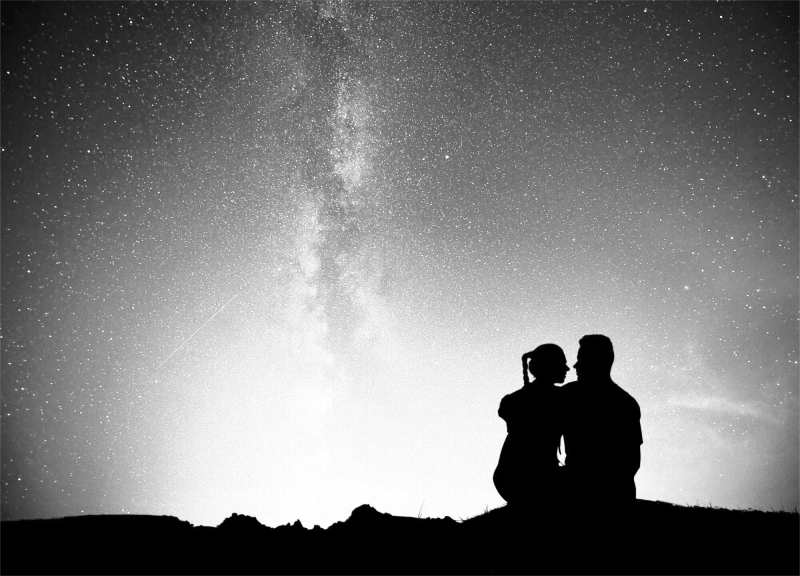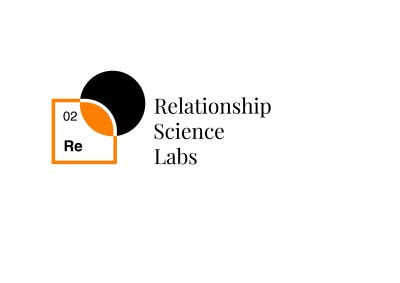Can your zodiac sign really point you to your soulmate? Lots of people think so. Dating apps, memes, and social posts are full of signs and charts. But behind the trend is a real question: Is astrology true, or just a feel-good myth?
This article takes a closer look at astrological compatibility. You’ll see why some swear by astrology to guide their love lives. Others say it’s all just guesswork. We’ll explore what science says, how the mind plays a role, and why astrology still feels real for many.
Whether you’re curious, skeptical, or somewhere in between, this is your chance to find out why astrology still matters in modern relationships.
The basics of astrology and relationship compatibility
So, how does astrology work in relationships?
Astrology starts with a birth chart. The chart includes sun signs (such as Leo or Virgo) and deeper layers as well. A key part is synastry, which compares two natal charts. These charts are based on birth date, time, and place.
Relationship astrology focuses on:
- Feelings (Moon sign)
- Interactions (Mercury sign)
- Romance and desire (Venus and Mars)
Some people believe these placements reveal how they connect. A water sign might need closeness. A fire sign might want energy and bold moves.
Sounds nice, right? In a complex dating world, astrology provides people with a system. In a world of dating apps and ghosting, it gives a kind of order. People feel like they’re not guessing. Instead, they’re following a cosmic plan.
But does that mean it’s real?
Is astrology true or scientific?
Some want facts, not feelings. They want to know: Is astrology real? Is it science?
What does science say about astrology?
No, astrology is not science. But why is this so?
Science depends on proof and repeated results. Studies say that stars are not as predictive as they seem. There’s no consistent evidence that astrologically compatible couples are more likely to marry or stay married. There’s no solid way to show it’s false or true.
For example, in a major study by Shawn Carlson, published in Nature, astrologers tried to match birth charts to people’s personality profiles. They failed. Their guesses weren’t better than random chance.
And yet, astrology continues to resonate with many people. Why?
The psychology behind belief in astrology
Even if it’s not science, there’s a reason people believe in it. That’s where psychology comes in. Your brain is wired to find meaning, even where there isn’t any. Two major mental habits help explain astrology’s appeal:
- The Forer Effect. Also known as the Barnum effect, this phenomenon occurs when people perceive vague statements as deeply personal. For example, a horoscope could say, “You have a strong need to be liked, but sometimes you doubt yourself.” This is a line that could apply to almost anyone. Yet it feels deeply personal. This explains why astrological descriptions often feel spot on. They’re written to fit a wide range of people.
- Confirmation bias. People remember the times a horoscope felt accurate and ignore the rest. Our brains highlight the “hits” and ignore the “misses.” This makes astrology seem more reliable than it really is.
Humans are wired to find meaning, even in random events. You connect the dots, even when they aren’t really connected. That’s why astrology can feel meaningful, even without solid proof.
Belief can feel real. And for many, that’s enough. So when your horoscope says, “Today you might feel off,” and you do feel off, it feels magical. But it’s also something that could apply to anyone.
Astrology vs. science: what’s the difference?
Here’s a quick breakdown:
- Science looks for proof. It’s testable and always open to being wrong.
- Astrology is based on symbols and meaning. It’s more like poetry than physics.
So if you’re still wondering, “Is astrology a science or not?” The answer is clear. It’s not.
But that doesn’t mean it has zero value. It just means it plays a different role. It’s more about how people feel than what they can prove.
The social and emotional value of astrology in relationships
Here’s where things get interesting. Even if astrology isn’t scientifically true, it can still shape real relationships. People use it every day to connect, reflect, and grow.
It starts conversations
Even without scientific proof, astrology can encourage communication. Talking about signs is an easy way to start. It isn’t too personal. Couples might say, “I’m a fire sign. You’re water. We clash but balance.”
If you and your partner believe differently, keep it light. Don’t argue about what’s true. Instead, talk about traits you relate to. Laugh at the ones that don’t fit.
Think of it as a launchpad to explore bigger topics. How do you show emotions? How do you handle stress? What makes you feel supported? You don’t have to be a believer to engage. Simply showing curiosity can lead to fun exchanges.
Try these prompts:
- “What’s something your sign says about you that feels true?”
- “Do you think our signs match or clash?”
These questions help you learn how each of you thinks, feels, and connects.
It can create stronger bonds and start romantic rituals
Shared rituals bring couples closer. Some might check horoscopes together. Others plan dates based on zodiac signs. These rituals can foster closeness and shared experiences.
One partner may enjoy it more than the other. That’s okay. Small rituals still matter. Reading compatibility horoscopes or planning a “Leo season” date — these can be fun ways to connect.
It’s not about accuracy. It’s about shared attention.
Try this: Pick one astrology ritual to try. Reflect on your moon signs during a quiet night. Or set intentions together at the start of each zodiac season.
Learn more: Building Trust — Rituals for Couples to Enhance Trust and Communication | Reloscope #46
It can be used as a self-awareness tool
Many people use astrology like a mirror. They read traits about their sign and reflect.
“Is that how I act in relationships?”
“Do I pull away when I’m hurt?”
“What kind of partner do I try to be?”
That’s how astrology can work. It becomes a tool for thinking, not predicting. It gives people a reason to pause, ask questions, and grow. It opens the door to better conversations, deeper insight, and more intentional choices in love.
You don’t have to believe everything. Just use it to ask better questions.
Try this: Use your sun, moon, or Venus signs as prompts. Ask, “My moon sign says I need emotional security. Does that sound true?”
These conversations build insight. They help couples grow.
Learn more: Stimulating Your Brain for Better Self-Awareness | Doing Well #69
Does astrology predict relationships?
Short answer: Not really.
There’s no strong evidence that astrology can predict whether a couple will stay together, get married, or live happily ever after.
So if you’re asking, “Can astrology truly predict relationship compatibility?” or “Is astrology true for marriage?” Science says no.
But here’s the twist. People who believe in astrology may act in ways that make their relationships better. That belief leads to more talking, more reflecting, and more effort. Think of it like music. You don’t need proof that a love song is true to feel moved by it.
In that way, astrology works, not because it’s true, but because it makes people try.
In conclusion
Astrology isn’t true in the scientific sense. There’s no data to suggest that your rising sign will make or break your marriage.
But its emotional power is clear. It offers comfort, insight, and a way to connect. Many find value in the stories and patterns it provides. For some, astrology is a tool. For others, a tradition. Either way, it influences how people see love and compatibility.
So, go ahead and read your chart, check your signs, and discuss your Venus placement. Just don’t forget what really builds love: Kindness. Effort. Trust. Honesty. And those things? No planets required.
So, whether you believe in the stars or not, remember to stay open-minded. Use astrology thoughtfully, but always prioritize honest communication. That remains the strongest foundation for any relationship.
If you want to see more resources on relationship compatibility, check out the Relationship Science Labs. The lab uses the research of the Institute for Life Management Science to produce courses, certifications, podcasts, videos, and other tools. Visit the Relationship Science Labs today.
Photo by standret on Freepik


